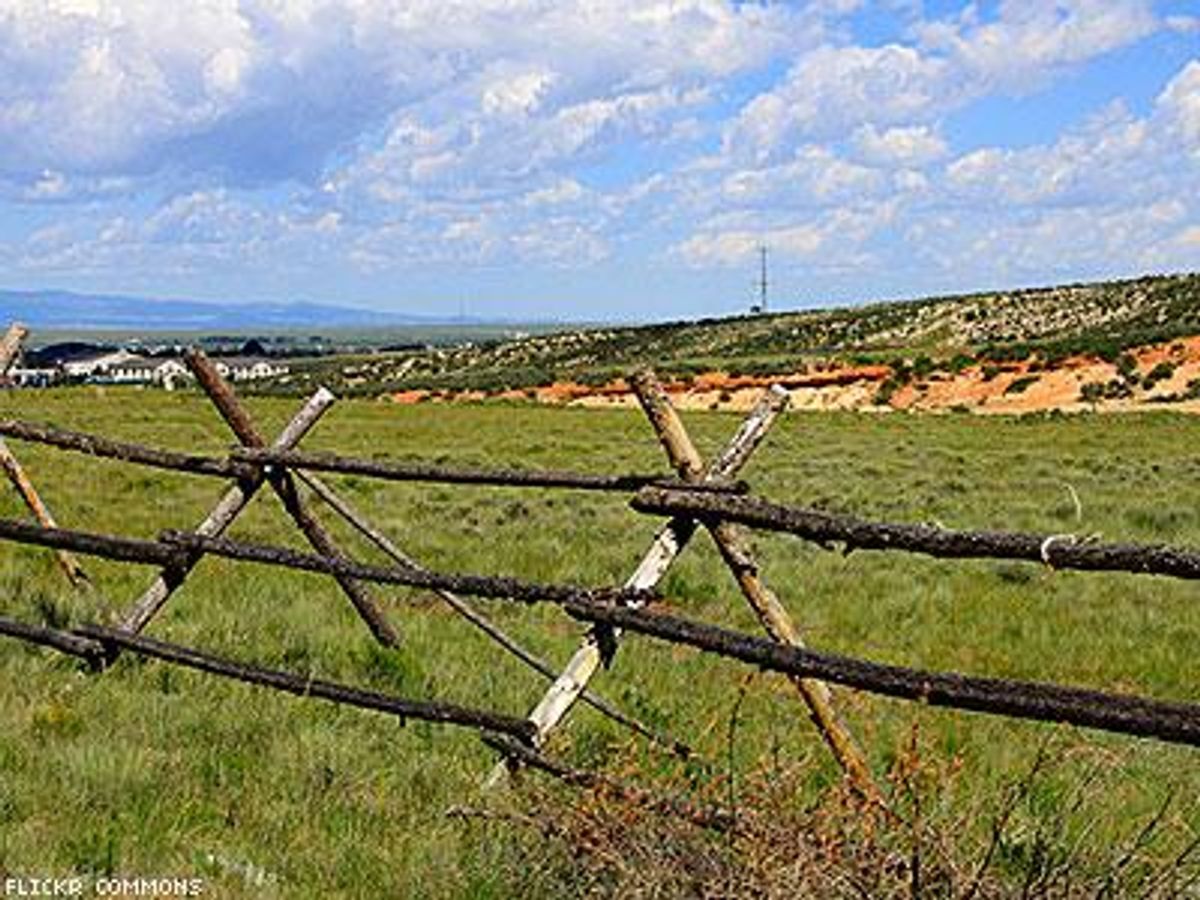The town where Matthew Shepard became the victim of a deadly antigay hate crime in 1998 -- Laramie, Wyo., -- has become the first municipality in the state to adopt an LGBT-inclusive antidiscrimination law.
The Laramie City Council passed the ordinance last night by a vote of 7-2, the Associated Press reports. It bans discrimination based on sexual orientation and gender identity in employment, housing, and public accommodations, and it sets up a process for filing discrimination complaints, which the city will then investigate. The ordinance will go into effect by the end of this month.
"What a day for Wyoming, and what a day for the city that became synonymous with Matthew Shepard's murder to now step up and do this right thing," Jeran Artery, head of the LGBT rights group Wyoming Equality, told the AP. "And I would really encourage other communities across the state to follow Laramie's lead."
Efforts to enact a similar law on a statewide basis have failed repeatedly, most recently in February. "I'm thrilled that Laramie's [adopting an antidiscrimination law], at the same time sort of saddened that the state of Wyoming can't see fit to do that as well," Judy Shepard, Matthew's mother, told the AP. "Maybe the rest of Wyoming will understand this is about fellow human beings and not something that's other than what they are."
Matthew Shepard, a 21-year-old student at the University of Wyoming in Laramie, was beaten and left for dead on a fence on the outskirts of town by two men he met in a bar. He died a few days later at a hospital in Colorado. His death became a rallying point for LGBT rights activists, and federal hate-crimes law bears his name as well as that of James Byrd Jr., an African-American murdered in a racially motivated attack in Texas, also in 1998.
Judy Shepard, a longtime Wyoming resident, said her son's murder doesn't indicate that Wyoming residents are generally homophobic, but acting more quickly on hate-crimes law could have improved the state's reputation. "I feel like if Wyoming had done more to open the door to acceptance, that kind of reputation would have disappeared very quickly," she told the AP. "Instead of taking advantage of the moment, they just sort of turned around and ran."
State Rep. Kendall Kroeker, who voted against the statewide antidiscrimination bill, objected to the crime being brought into the discussion. "The Matt Shepard case was a tragedy, but I don't see how an antidiscrimination ordinance would have stopped somebody from committing that heinous crime," he told the news service. Kroeker was also one of several Wyoming legislators who signed onto a brief urging the U.S. Supreme Court to reject marriage equality, claiming it would interfere with citizens' free speech rights.
The two Laramie council members who voted against the local antidiscrimination ordinance said they worried it would interfere with religious freedom, the AP reports. "Enactment of this ordinance will result in discrimination complaints filed against business owners who are simply trying to run their business consistent with their faith," said one of them, Joe Vitale.














































































